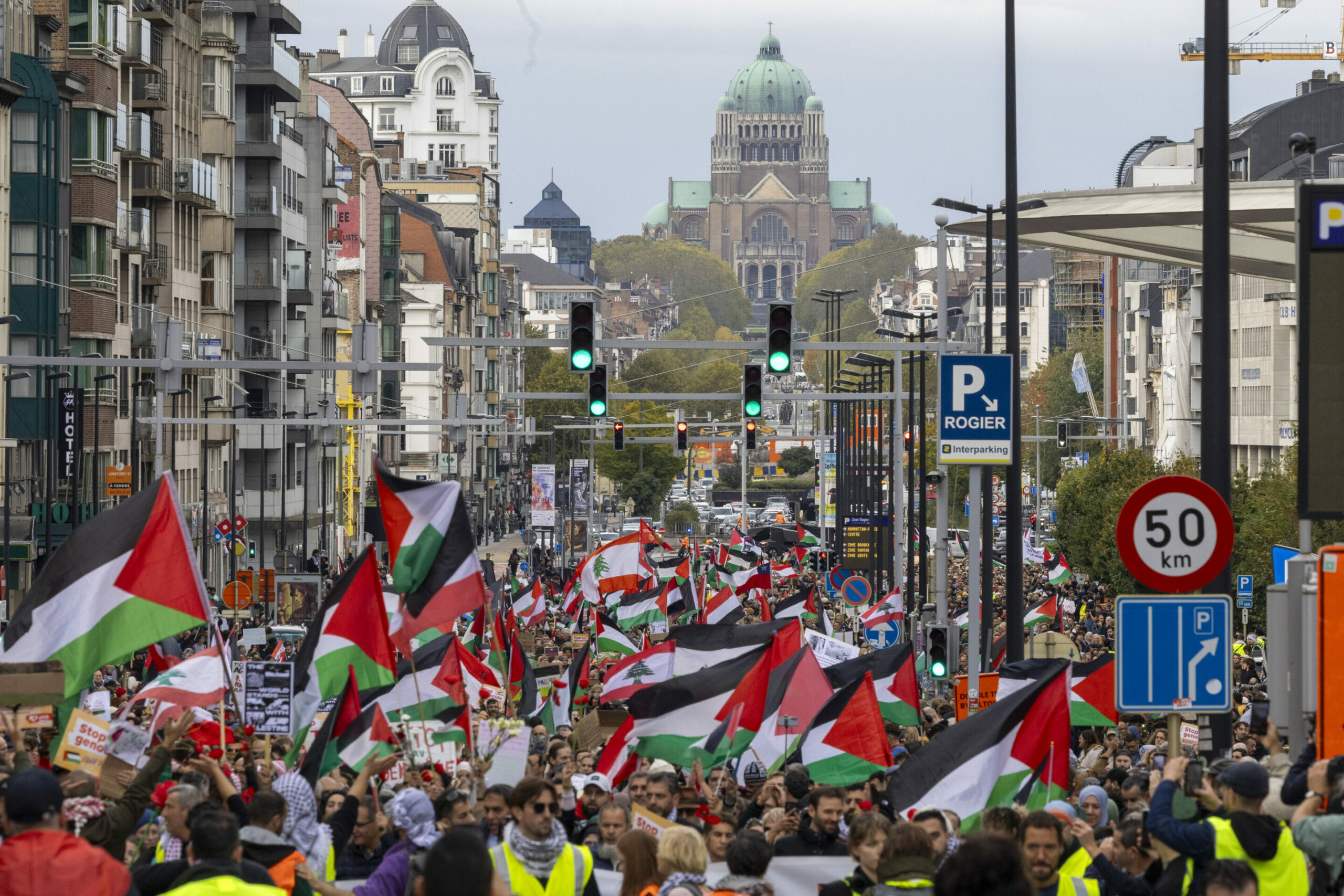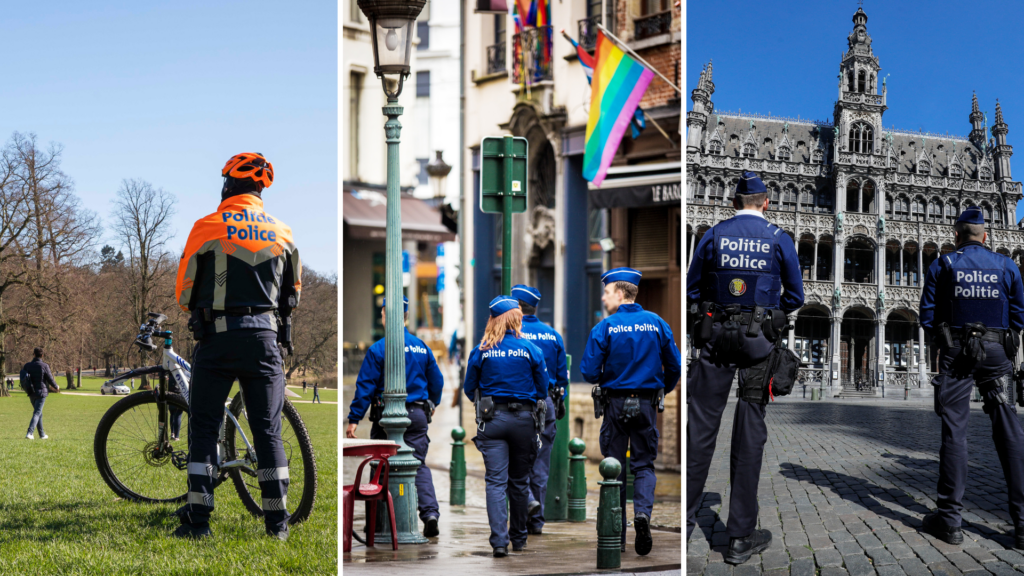Concern is rising about a decline in public safety in Brussels. Drug-related violence has long been an issue but this year received particular attention as rival gangs settled scores, leading to a spate of fatal incidents in which bystanders lost their lives.
For a few weeks in February it felt as if police were powerless to prevent a turf war exploding on the streets, terrorising locals and raising questions about the efficacy of the forces of law and order. The apparent impunity of perpetrators grew as a network of traffickers was uncovered – the "kingpins" far beyond the reach of Belgium's federal police. And though Antwerp has for years been a battleground in the drug war taking place on Belgian soil, the focus has shifted to the capital.
No surprise then that security was one of the hot topics in the recent communal elections. Greater police presence and a tougher stance on drug crime were promised by all parties, a shared recognition that Brussels can and must do better.
But with the votes now cast and most mayors and councils now formed, MPs are at odds on exactly how to make the city safer. The debate has become more heated as federal negotiators have proposed fusing the six police zones in Brussels, arguing that the current arrangement is too fragmented and ineffective to tackle large-scale criminal networks.
The argument certainly sounds plausible, especially when one thinks of how frustratingly diffuse Belgium's public bodies are. But francophone parties that have historically held power in Brussels communes are unconvinced, or even outright opposed. A close understanding of the local area is essential in combatting crime; this will be lost with a regional force, warn several mayors that have been re-elected.
The franophone parties in charge of Brussels communes maintain that more police funding is key – a more centralised police force by itself would not achieve this. They add that local zones already coordinate well together and that perceived police failures are at the federal level rather than the local.
They contest that Flemish parties should dictate how Brussels is made safer and insist that a lack of funding, rather than a flawed structure, is at fault.
Belgium in Brief is a free daily roundup of the top stories to get you through your coffee break conversations. To receive it straight to your inbox every day, sign up below:
1. All flights from Charleroi Airport cancelled on Tuesday
All flights departing from Charleroi Airport will be cancelled tomorrow, Tuesday, due to security staff strike action. Read more.
2. At least 32,000 march in Brussels for a ceasefire in Gaza and Lebanon
The large turnout prompted police to divert the planned route. Read more.

3. ‘Cordon sanitaire’ broken in Ranst but its architect does not fear chain reaction
CD&V and Open VLD expelled its members for going into coalition with the far-right. This is a "hopeful signal," says the architect of the cordon sanitaire. Read more.
4. Driving under influence: What are the limits and fines in Belgium?
Drink driving is one of the main causes of road fatalities. But whilst some countries take a zero-tolerance approach, the rules in Belgium are still evolving. Read more.
5. The work-life balance Belgium wants? Four-day work week not catching on
"The four-day week can offer a better work-life balance but for some it will add an extra burden... Staff do not appear to be asking for it." Read more.
6. Year of record-breaking traffic jams, mostly caused by roadworks
People driving in Belgium lost an average of six minutes and 32 seconds every day in traffic in the first half of 2024 – amounting to around 40 hours over the year. Read more.
7. Growing number of international students at VUB in Brussels
The international Brussels context and the large number of English-language Bachelor's programmes offered by the university has seen non-Belgian enrolments rise. Read more.

